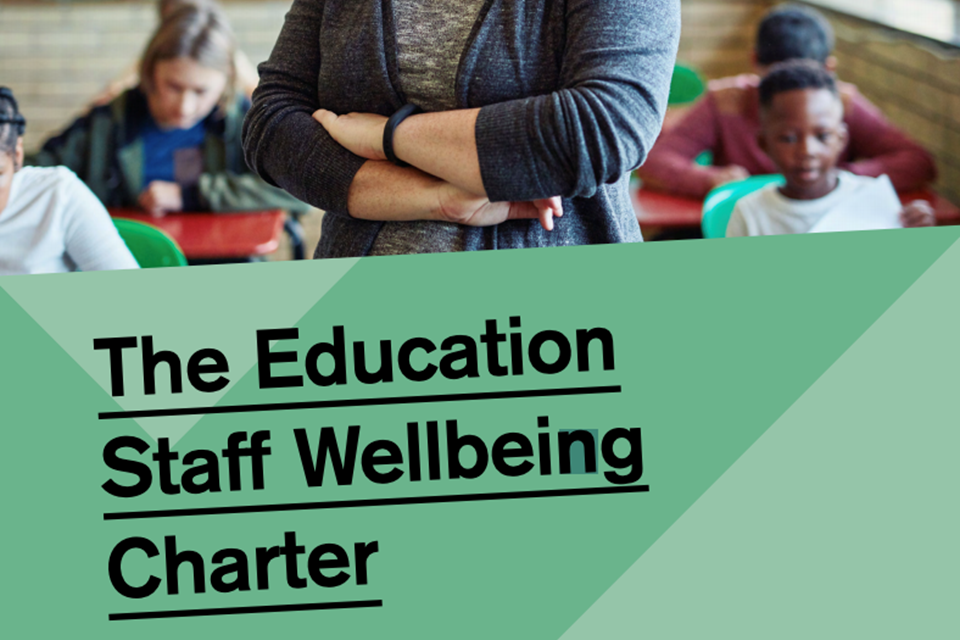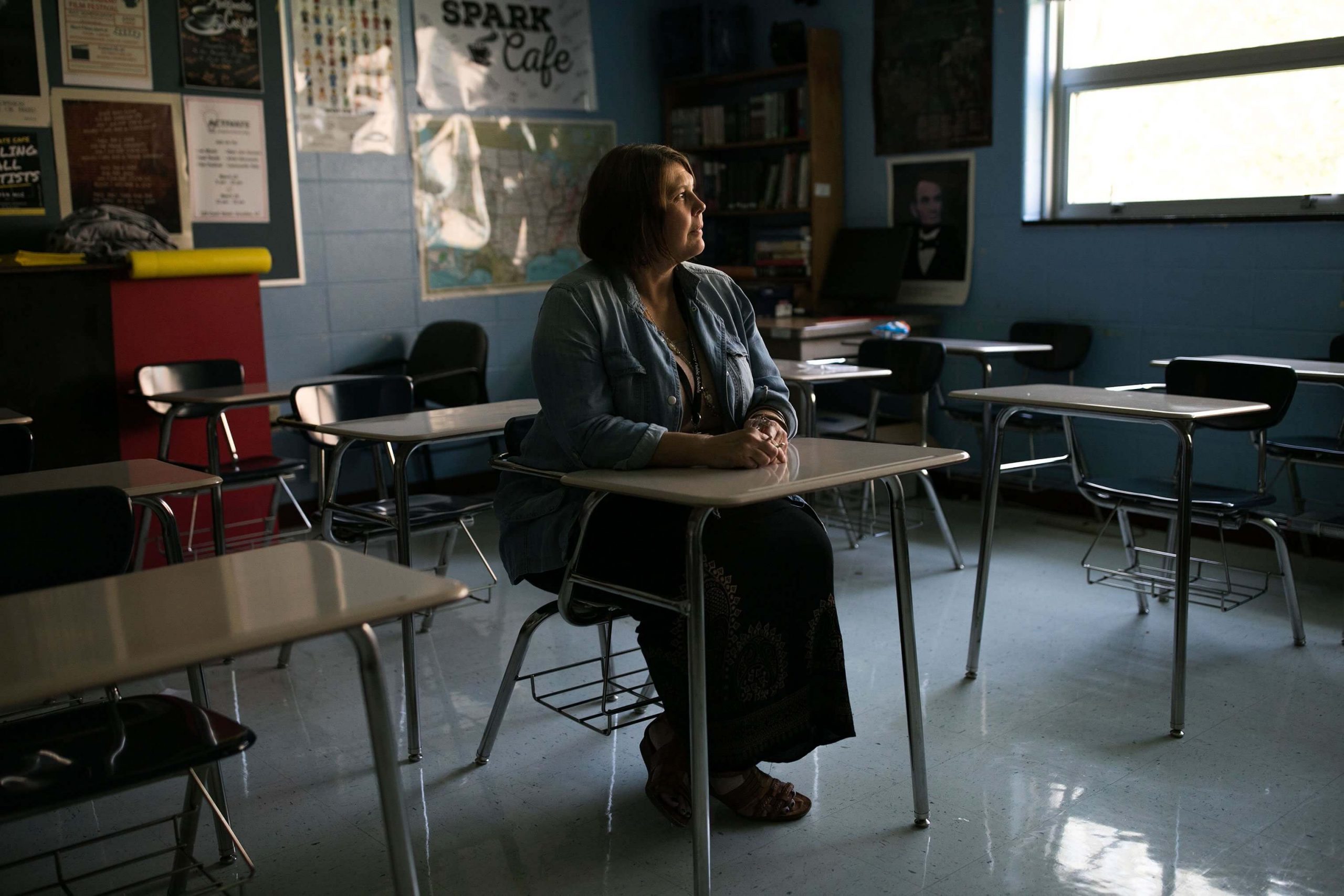Last year, the UK government published its staff wellbeing charter for the education sector to combat increasing stress.
A tool for state education providers, the charter provides clear guidance on ways to help raise awareness around mental health issues and promote wellbeing among full-time and part-time staff.
The charter is a collective effort, the brainchild of multiple education sector specialists including several UK schools and colleges, and unions NASUWT, NEU, ASCL, NAHT, Voice Community and Unison. Leading mental health organisation MIND also contributed to its design and development.
First published in May 2021, with updates released in November of the same year, all state schools in the UK can sign up with no deadline by which to do so. While entirely voluntary, schools are encouraged to participate – first, to show their commitment to their staff and also, to demonstrate publicly they are supporting initiatives relating to mental health, something parents and education bodies such as Ofsted are keen to see.
Read more about the staff wellbeing charter at the UK government webpage.
Ongoing challenges for staff wellbeing in education
The charter is timely, with mental health issues reportedly rising across society as a whole – and indeed, within education.
For a long time, staff in the sector have talked about the negative impact low morale has on their mental health. Mixed reasons such as poor pay and working conditions and increasing expectations beyond the classroom make it difficult to retain or attract people to the profession. And all of this before Covid emerged, bringing added challenges through social distancing and the constant switching to and from class-based and online learning.
Benefits of the staff wellbeing charter
The charter provides multiple benefits to the staff body and your entire school.
Immediately, your staff will feel supported, resulting in greater performance. In turn, this lifts the morale across your facility and leads to improved staff productivity from the ground up. With a happier workforce, you’ll have fewer issues to face on a day-to-day basis and less staff taking time away from work due to stress-related illness. You are also more likely to retain staff since they can see clearly how their wellbeing is your priority.
Your commitment as a school
By signing the charter, your school sends an immediate message to staff that you care. Of course, a set of actions needs to follow to show you fully support staff wellbeing and are not simply paying lip service to the charter. There are several ways you can do so:
- Educate staff about the tools available and how to access them; and make sure departmental managers are aware of these supporting tools
- Promote flexible working wherever you can
- Implement process efficiency across the school to drive down unnecessary tasks
- Have open conversations about out-of-hours working and ways to minimise it
- Demonstrate how you are giving mental health equal footing to physical health
- Provide a forum for staff to feedback regularly about wellbeing and feelings of stress
Will the wellbeing charter cause more work for your school?
In short, no. Both the DfE and Ofsted are committed to helping schools integrate the charter with minimal effort through a number of initiatives, including:
- Reducing unnecessary workload – a common factor among teachers dealing with stress
- Embedding mental health into CPD and teacher training to raise awareness
- Improving the mental health and wellbeing resources available to schools
Further, Ofsted has agreed to consider staff wellbeing when assessing a school and has clarified that they require no extra documentation as part of their inspection.
How to sign up to the wellbeing charter
There is no mandate to join the charter, and sign up is voluntary. However, joining the wellbeing charter means you can expect more positive outcomes for everyone.
When you are ready to sign up, email wellbeing.charter@education.gov.uk with the following information:
- Your school or college Unique Reference Number (URN)
- Establishment name and postcode
In need of some HR advice? Wherever you are in the UK, you can arrange a chat with one of our friendly professional HR advisors at any time.
Call us on 0330 0881857 or email enquiries@optimal-hr.co.uk
We’re also on Facebook, Twitter, Instagram and Linked In!




